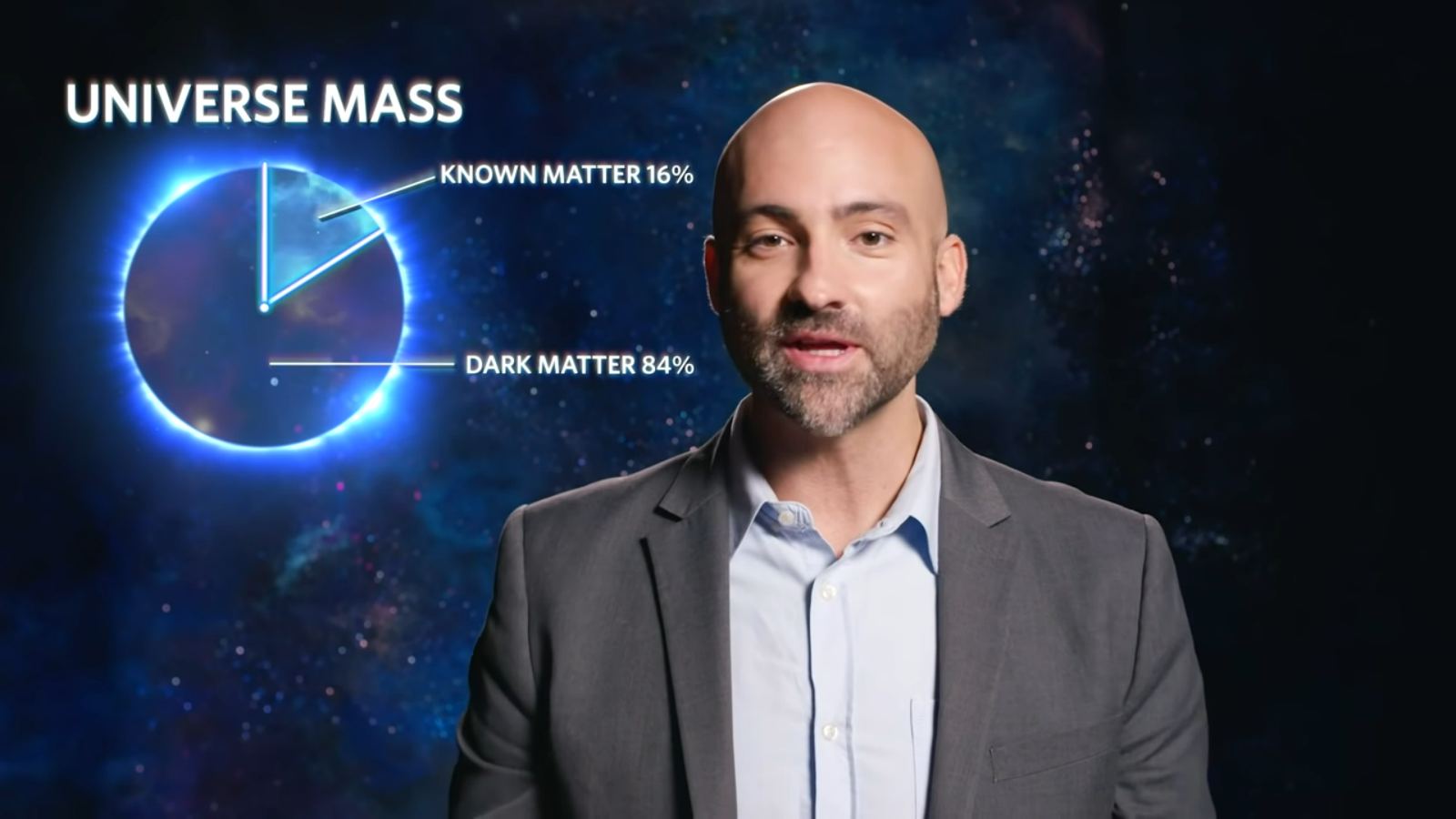As it’s name suggests, dark matter is dark! That means it’s largely invisible to us and only detectable through its interaction with gravity. One of the leading theories to explain the stuff that makes up the majority of the matter in the Universe are WIMPs, Weakly Interacting Massive Particles. They are just theories though and none have been detected. An exciting new experiment called LUX-ZEPLIN has just completed 280 days of collecting data but still, no WIMPs have been detected above 9 Gev/c2. There are plans though to narrow the search.
Continue reading “New Limits on Dark Matter”New Limits on Dark Matter



